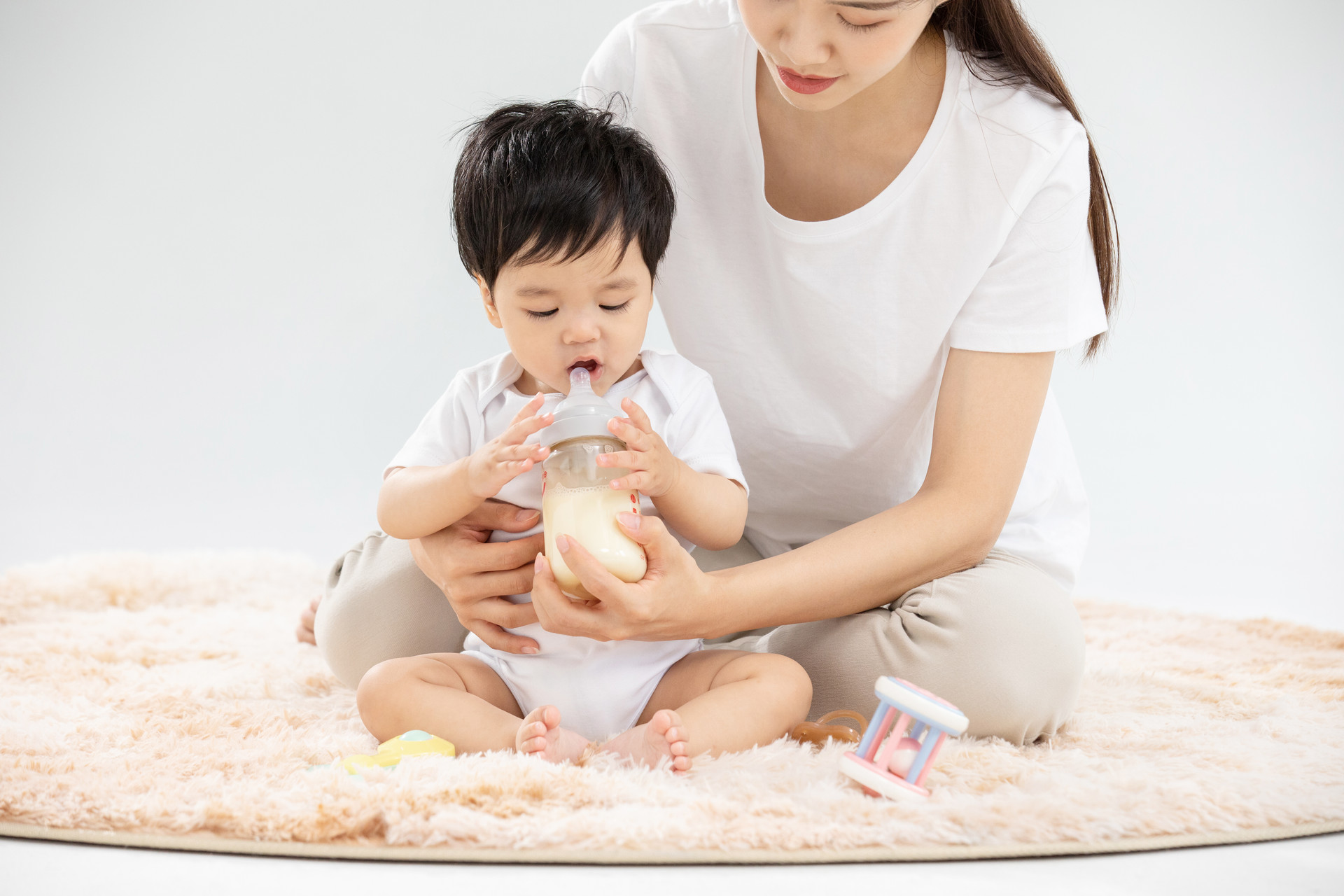Many expectant mothers experience bloating during pregnancy, which can be very uncomfortable. So, how can expectant mothers relieve bloating? Let's take a look below!
Causes of Bloating in Pregnant Women
1. Hormonal changes
During pregnancy, women produce a lot of hormones, which can affect the function of the intestines and reduce the intensity of peristalsis. Additionally, the secretion of gastric acid decreases, affecting digestion.
For most expectant mothers, bloating is most severe in the early stages of pregnancy and gradually improves over time. Therefore, bloating is a normal condition and does not affect the health of the baby.
2. Enlarged uterus
In the later stages of pregnancy, the uterus enlarges and can compress the intestines, affecting normal bowel movements.
If the expectant mother already has gastrointestinal issues such as constipation or weak peristalsis, bloating may persist until the 4th or 5th month of pregnancy.
3. Improper diet
Consuming foods (such as soybeans, starch, etc.) or drinks (such as carbonated beverages like cola) that are prone to gas production can easily cause bloating in pregnant women.
What to Do for Bloating in Pregnant Women
1. Eat small meals frequently
The first step to avoid bloating is to adjust your diet. Experts believe that when experiencing bloating, the stomach is already distended. Eating a large amount of food will further burden the stomach and worsen bloating.
Therefore, it is recommended to eat 6-8 small meals throughout the day instead of eating a large amount of food in one sitting.
2. Avoid drinking tea
If an expectant mother is experiencing bloating, it is best to avoid drinking tea, especially strong tea.
3. Drink plenty of water
If there is a buildup of feces in the large intestine, it can cause more severe bloating. Therefore, it is necessary to have enough water intake to promote bowel movements.
4. Reduce sweets
When dealing with bloating in pregnant women, it is also important to reduce the intake of sweets, which are beloved by women.
5. Eat more fiber
During pregnancy, it is recommended to eat more vegetables and fruits. The baby needs a lot of protein, and the demand for gas-producing and stomach-upsetting foods such as starch, noodles, and beans is less, so they do not need to be consumed in large quantities.
Effects of Bloating on Pregnant Women
1. Progesterone affects bowel movements
During the first trimester, bloating is most severe. The stomach's ability to acidify is weakened, resulting in higher levels of gastric acid. Additionally, during the transition from ovulation to pregnancy, more progesterone is secreted, leading to poor intestinal peristalsis and affecting waste elimination.
Therefore, pregnant women may experience bloating and constipation. This is because the secretion of bloating hormones increases during this time.
In the second trimester, the uterus gradually enlarges. After the 5th month of pregnancy, the position of the uterus changes, gradually rising above the navel. This can compress the intestines, affecting bowel movements.
2. Symptoms gradually improve
Feeling bloated in the later stages of pregnancy is due to the gradual enlargement of the uterus, which can compress the stomach, duodenum, and other organs.
Therefore, before the 34th week of pregnancy (when the uterus is still growing), if an expectant mother eats too much or consumes greasy foods, they may experience symptoms such as nausea and stomach pain.
But from the 34th to 36th week of pregnancy, the position of the fetus will lower, and expectant mothers will feel relieved.











